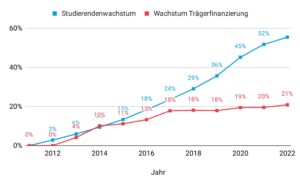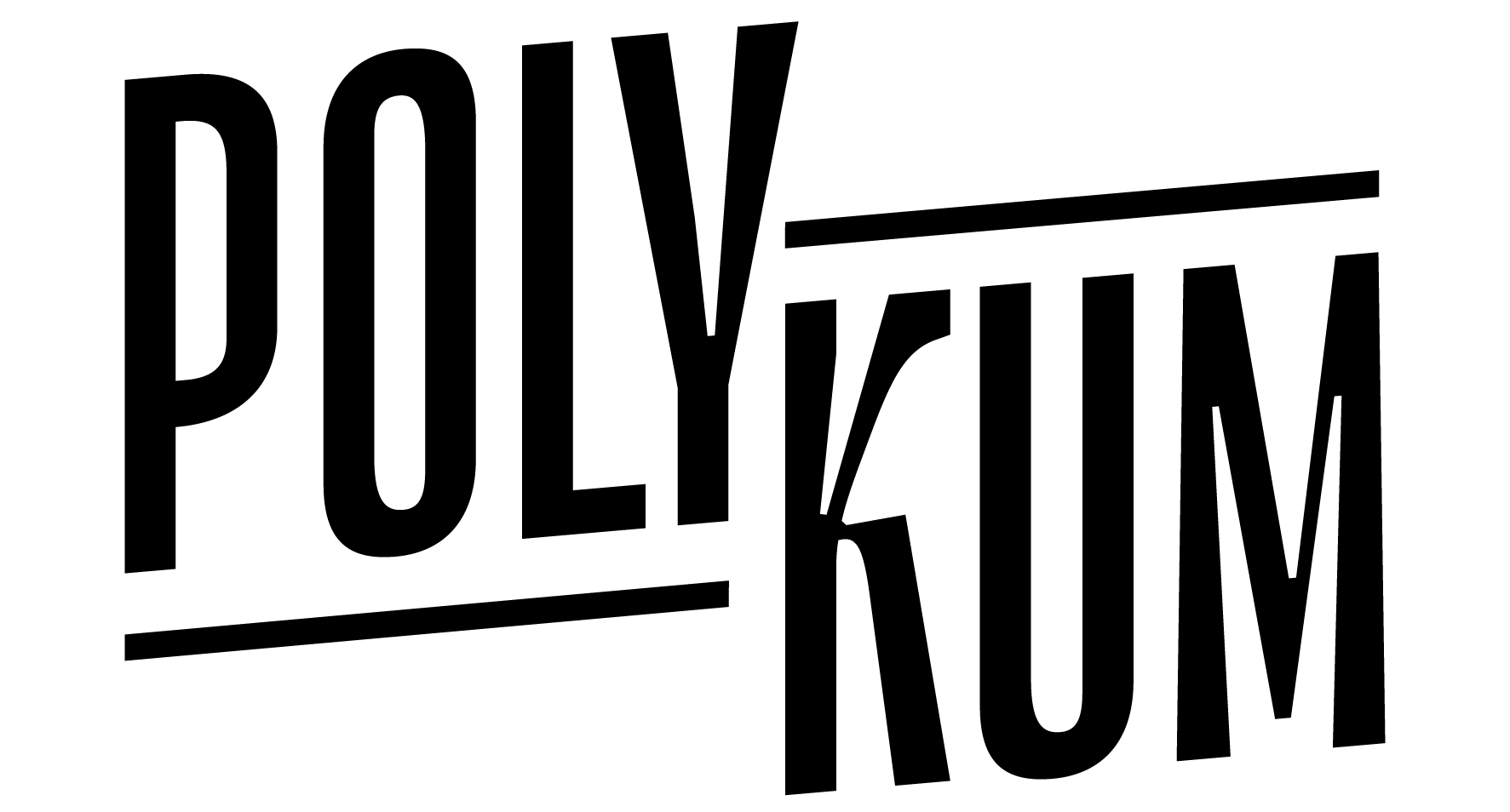In the wake of these announcements, headlines like “ETH prüft Beschränkung der Studienplätze” (“ETH explores restrictions on student enrollment”) (Neue Zürcher Zeitung, 19.04.2024) have become very prominent. So clearly, these budget reductions are profoundly impacting not only ETH Zurich but the entire Swiss ERI sector. But what exactly is happening on a national level which has led to these budget cuts, why is ETH in particular facing so many of these budget cuts, and how is ETH going to cope with a strongly restricted budget?
Hochschulen im Spartief
(Neue Zürcher Zeitung, 23.04.2024)
Across Europe, financial strains loom large following the extensive spending during the COVID-19 pandemic, persistent inflation, and heightened expenditures to address ongoing conflicts on European soil. Additionally, there’s a noticeable shift in governmental and public priorities, with increased interest in allocating funds towards sectors like military expenditure or AHV insurance. However, to keep within the stringent “Schuldenbremse” (debt brake), budget cuts in other areas have to be put in place.
Die ETH Zürich warnt vor den Sparplänen des Bundes
(Radio SRF 1, 08.03.2024)
The evolving political landscape, characterized by a notable rightward shift, coupled with changing priorities, has demotedthe ERI sector to a lower priority. Consequently, this sector has been allocated a modest growth rate of 2% for the upcoming four years, falling short of the 2.5-3.5% desired by institutions like ETH Zurich. As ETH Zurich is directly tied to the federal budget, this restrained growth rate significantly impacts its future development. Moreover, citing ETH’s substantial reserves, the Federal Council has opted to further slash its budget by several hundred million annually in the coming years.

These budget cuts will have an immediate effect on ETH and there are already (budget) measures being implemented in different areas of ETH to compensate for the lower funding by the state. However, the strongly rising student numbers are not compensated for by federal funding and the ratio between student numbers and funding will get even bigger in the next few years. Consequently, the quality of education at ETH Zurich is at risk of decline. Additionally, projects such as Net Zero 2030 or expensive research projects face potential setbacks due to dwindling funding, threatening ETH Zurich’s status as a leading innovator nationally and internationally.
So how do we continue from here? Obviously there will have to be some adaptation. But more importantly it is necessary to make clear to the federal government that such budget cuts will lead to tremendous negative effects for ETH, its students and consequently the whole of Switzerland. It is therefore essential for ETH, but also us students, to advocate for sustained investment in education, research, and innovation!
Sophie Schulz, VSETH Board Member for University Politicy and Infrastructure
